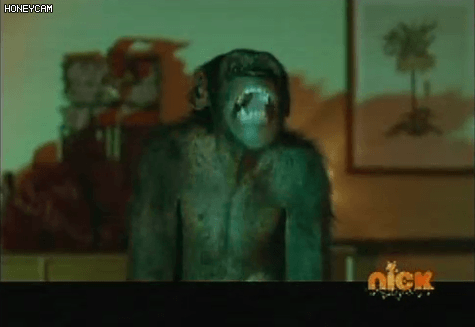
That remains the "textbook answer" today, Fitch says.

But over time, anthropologists instead embraced the idea that the primates' vocal tracts were holding them back: They simply lacked the flexibility to produce the wide range of vowels present in human speech. Civil War General William Tecumseh Sherman.) Darwin thought nonhuman primates couldn't talk because they didn't have the brains, he says.

(Yes, Fitch is the great-great-great-grandson of U.S. The study's lead author, William Tecumseh Sherman Fitch III, an evolutionary biologist and cognitive scientist at the University of Vienna, says the question of why monkeys and apes can't speak goes back to Darwin. "This certainly shows that the macaque vocal tract is capable of a lot more than has previously been assumed," says John Esling, a linguist and phonetics expert at the University of Victoria in Canada, who was not involved with the work. The findings might provide new clues to anthropologists and language researchers looking to pin down when humans learned to speak. For decades, monkeys' and apes' vocal anatomy has been blamed for their inability to reproduce human speech sounds, but a new study suggests macaque monkeys-and by extension, other primates-could indeed talk if they only possessed the brain wiring to do so. So it's puzzling that our closest primate cousins are limited to hoots, coos, and grunts. Kosik the elephant learned to "speak" a bit of Korean by using the tip of his trunk the way people whistle with their fingers.

The famed parrot Alex had a vocabulary of more than 100 words.


 0 kommentar(er)
0 kommentar(er)
